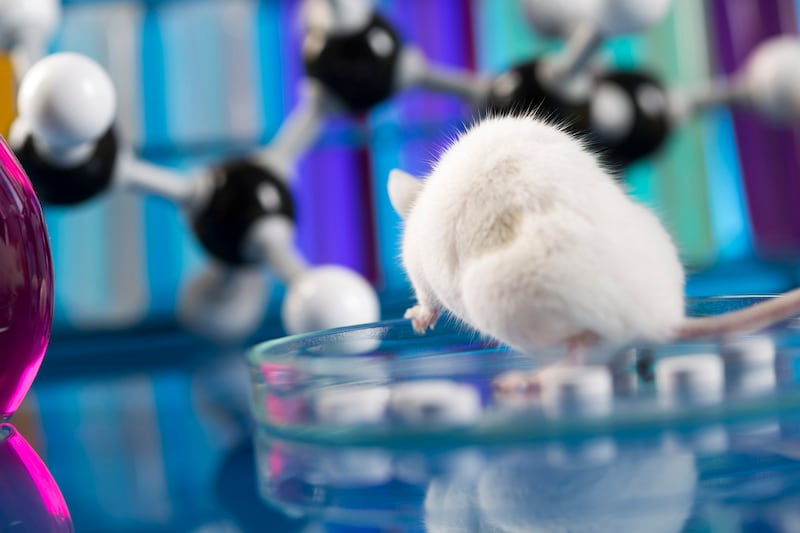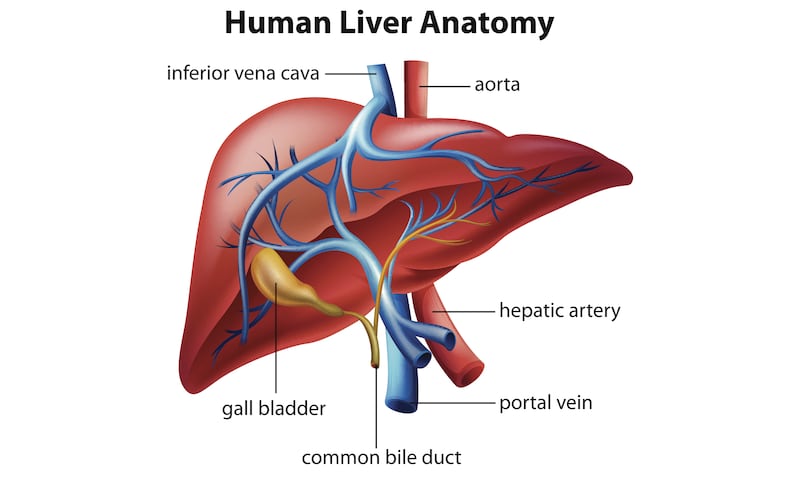Scientists have developed a new method for growing and transplanting artificial bile ducts that they say could help in treating liver diseases in the future.
The researchers at the University of Cambridge have grown the tube-like structures (known as biliary organoids) in the lab by extracting healthy cells (known as cholangiocytes) from bile ducts.
The artificial ducts functioned normally when transplanted on mice, and the scientists hope that the technology could help treat liver diseases in children and reduce the need for a liver transplant.
“Our work has the potential to transform the treatment of bile duct disorders,” said lead researcher Ludovic Vallier.

“At the moment, our only option is liver transplantation, so we are limited by the availability of healthy organs for transplantation.
“In future, we believe it will be possible to generate large quantities of bioengineered tissue that could replace diseased bile ducts and provide a powerful new therapeutic option without this reliance on organ transplants.”
The researchers looked into the possibility of growing bile ducts as a “biodegradable collagen scaffold” that could be shaped into a tube and repair damaged bile ducts in the body.
Within four weeks, the artificial ducts began functioning like normal biliary organoids, with new cells growing around the “miniature scaffolding”.

These artificial ducts were then used to replace damaged bile ducts in mice and the animals survived without further complications.
Biliary organoids carry bile, which is secreted by the liver and helps us digest food.
If the ducts do not work correctly, it can lead to a toxic build-up of bile in the liver – like the childhood disease biliary atresia – which can potentially be fatal.
The study is published in the journal Nature Medicine.








